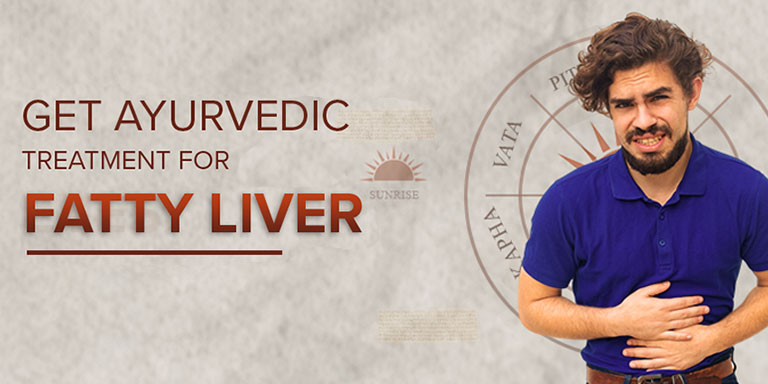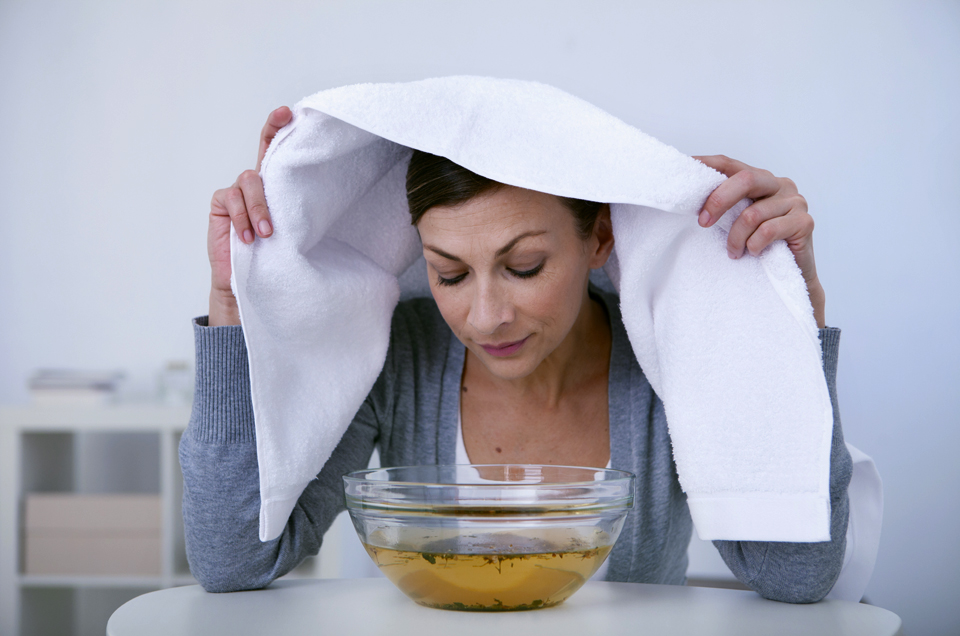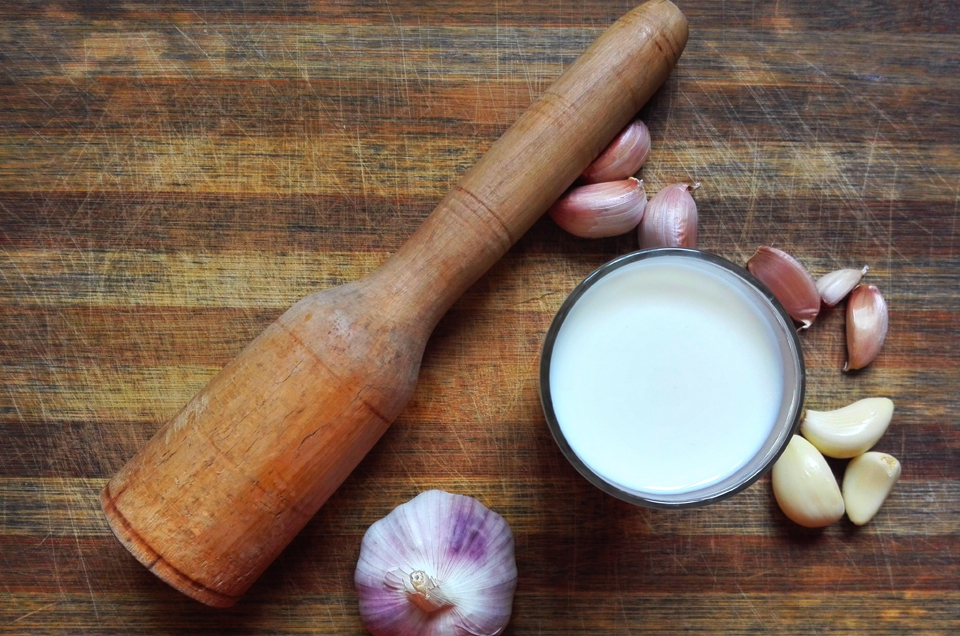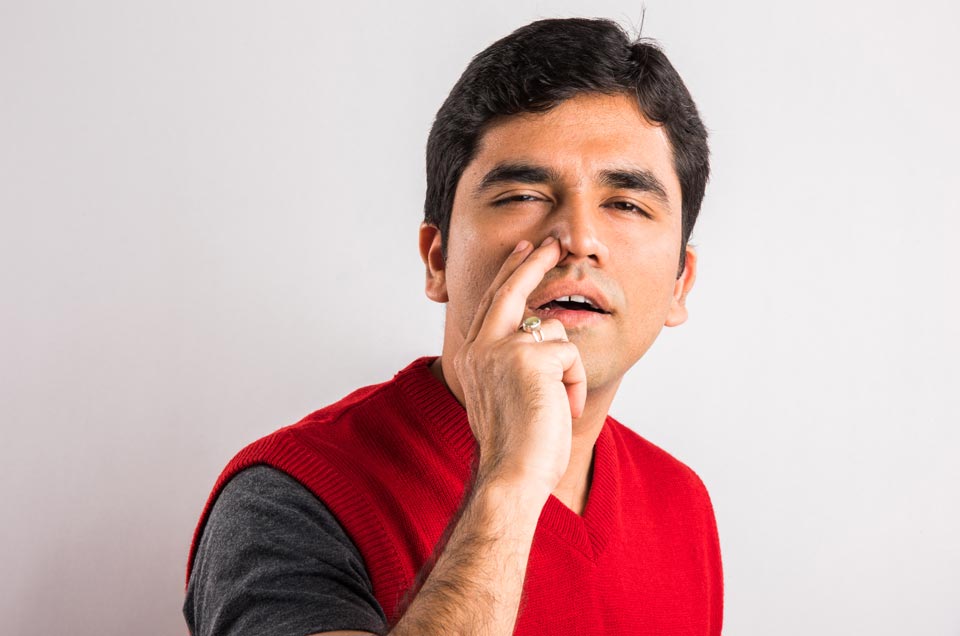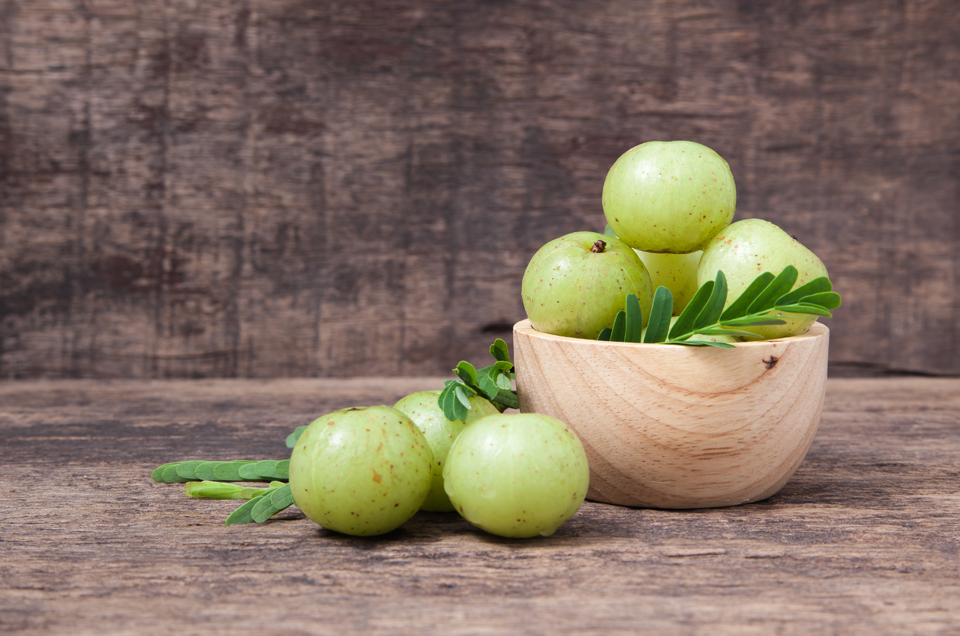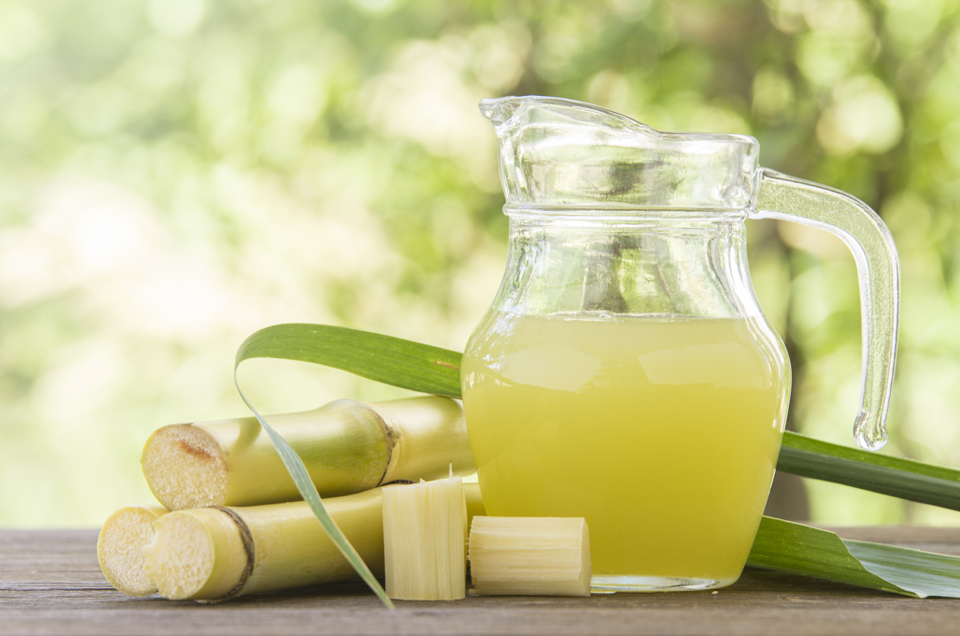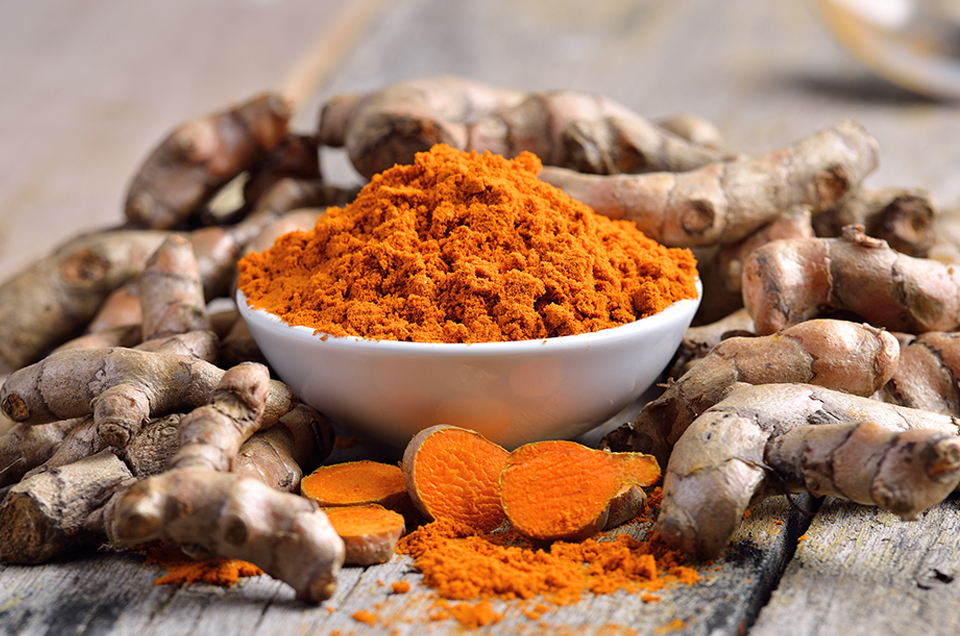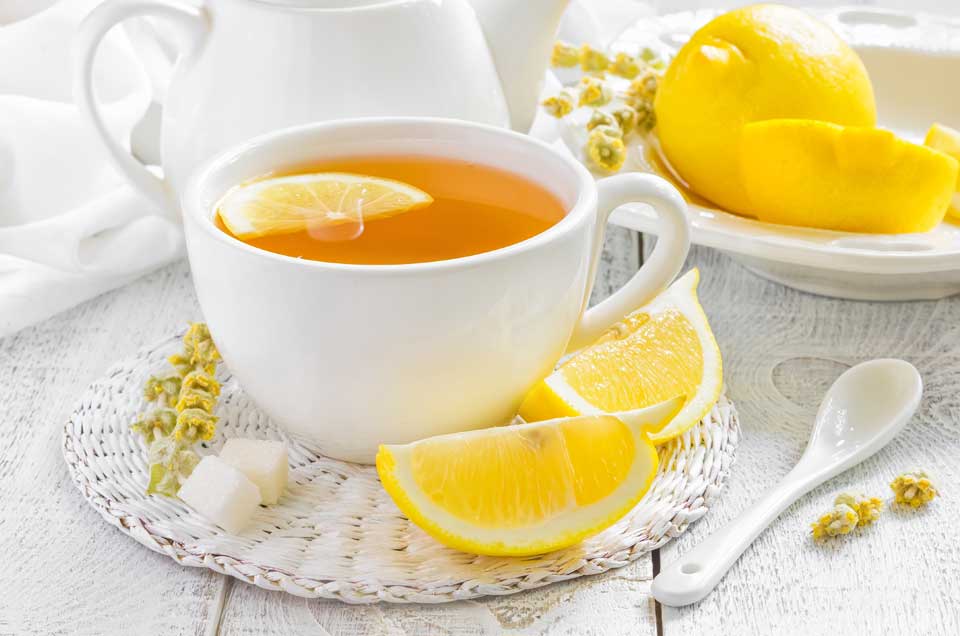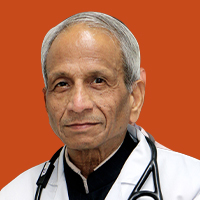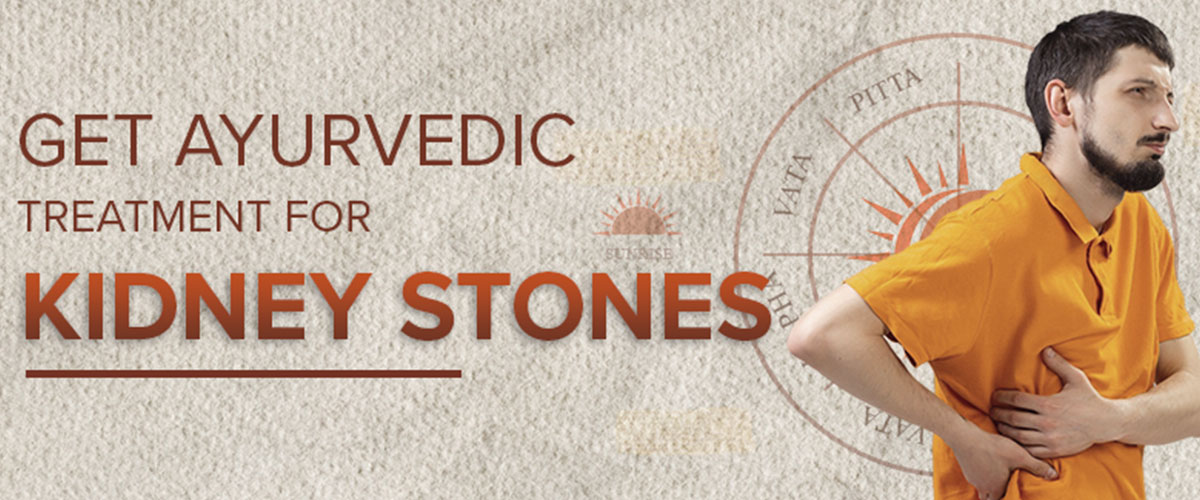 In terms of Ayurveda, Kidney Stones are correlated to Ashmari. If we break down this term, it becomes self-explanatory - where Ashm means a Stone and Ari means an enemy. While Renal stones have become a common ailment in the modern world, ayurveda has been no stranger to its diagnosis for a long time. Over the years, Ayurveda has already described the symptoms, variants, pathophysiology and root-cause-based effective treatments for Kidney Stones.
In terms of Ayurveda, Kidney Stones are correlated to Ashmari. If we break down this term, it becomes self-explanatory - where Ashm means a Stone and Ari means an enemy. While Renal stones have become a common ailment in the modern world, ayurveda has been no stranger to its diagnosis for a long time. Over the years, Ayurveda has already described the symptoms, variants, pathophysiology and root-cause-based effective treatments for Kidney Stones.
For the record, Kidney stones are nothing but accumulations of salt and minerals, with 1 out of every 10 humans on the planet suffering from it.
This blog will shed light on the Ayurvedic treatment of Kidney Stones i.e. Ashmari. Further ahead, we will also discuss safe and effective Ayurvedic Medicine for this condition, ensuring no need for a patient to seek surgical intervention while also ensuring 0 chances of recurrence via an effective Ayurvedic Treatment for Kidney Stones
What are the common symptoms of kidney stones?
Some of the common symptoms of kidney stones are as follows:
- Pain in the abdomen mostly in the loin to groin region,
- Burning micturition
- Nausea
- Vomiting.
What are the common causes of kidney stones?
Kidney Stones a.k.a Renal Calculi is a common lifestyle disorder.
Its recurrent nature is mostly noted in males than females.
The common age range of victims suffering from or prone to Kidney stones has been noted to be 20 - 40 years. Additionally, the key root causes of the development of kidney stones have been noted to be due to:
- High salt intake in the diet
- Heavy consumption of red meat,
- Excessive intake of multi-vitamin medicines
- The body is prone to dehydration
- And exposure to hot and humid climate
What are the types of Kidney Stones?
Kidney stones are commonly noted to contain Calcium Oxalate, Struviete, Uric Acid and Cystine, with Calcium Oxalate occurring in around 80 % of the global population. As per the doctrines of Sushruta Samhita, Acharya Sushruta defines Ashamair (Renal Stones) as ‘darun’ which means ‘a fatal disease’.
How are Kidney Stones ‘Ahsamri’ diagnosed As Per Ayurveda?
Ayurveda suggest that there are four types of Ashmari
- Vataj Ashmari - Resembling Calcium Oxalate type of Kidney Stones
- Pittaj Ashmari - Resembling Uric Acid type of Kidney Stone
- Kaphaj Ashmari - Resembling Oxalate / Phosphate type of stone
- Shukraj Ashmari - Referred to the development of stones in the seminal vesicle due to suppression of Shukra vega (urge for intimacy).
Let us take a moment to further understand the three common types of kidney stones ‘Ashmari’.
1) Vataj Ashmari (Calcium Oxalate Stone) Vataj Ashmari is a blackish, hard, irregular, rough structure and is like a Kadamb flower with spikes. Common symptoms are intense pain in the abdomen and (Anal) region. Burning sensation in the penis, difficult to excrete Vata, Mutra, and stool.
2) Pittaj Ashmari (Uric Acid Stone) looks like a Bhallataka (Marking nut ).
Common symptoms are burning Micturition and yellow urine.
3) Kaphaj Ashmari (Oxalate/ Phosphate stone) is white, slimy and relatively big. The common symptoms are pain in the Basti region.
If you are suffering from any of the symptoms mentioned above, you might be a victim of Kidney stones. You should consult a certified Ayurvedic doctor to get Ayurvedic treatment for kidney stones at the earliest time before the condition worsens and pushes you towards the need for any surgical interventions.




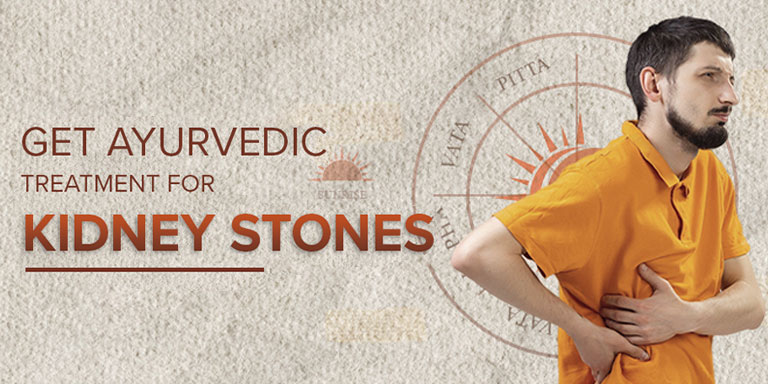
 Prev
Prev
